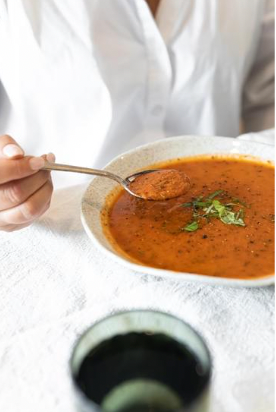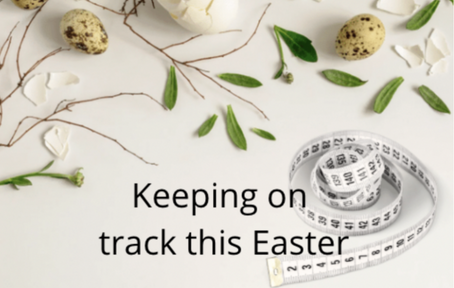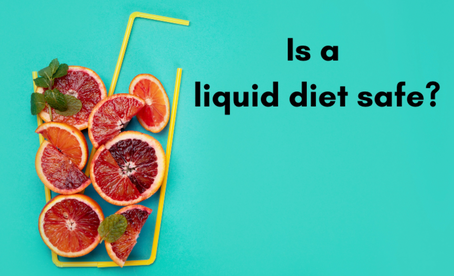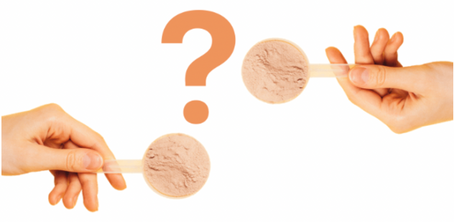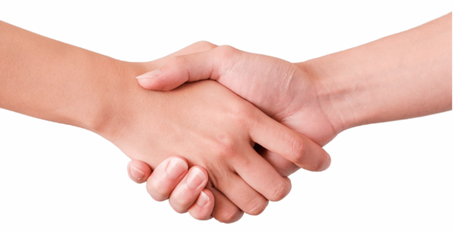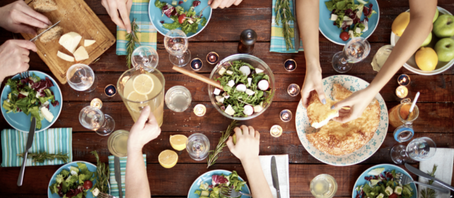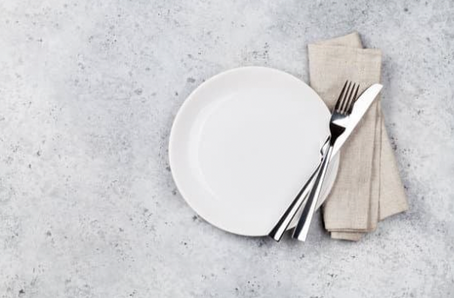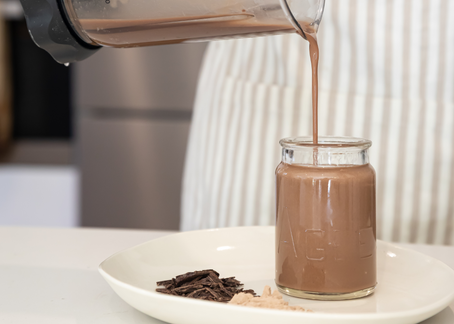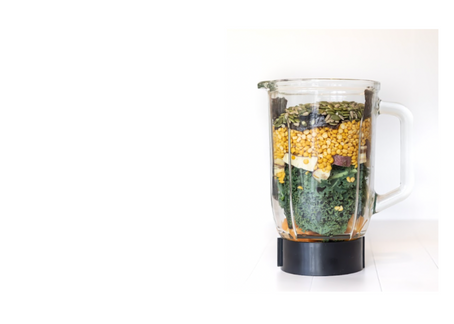When we diet, it can sometimes be hard to make it to the next meal. Snacking can easily become a daily habit that sabotages our weight loss. It can mean we blow out our daily calorie intake, often with food of poor nutritional value. Sometimes we don’t even notice we are snacking and more often than not snack foods are high fat, high sugar and highly processed.
Why is snacking unhelpful?
Snacking raises Insulin Levels
Every time we eat, our bodies produce insulin. This delivers sugar from our bloodstream to our cells. If we have more sugars than our body needs, it gets repackaged as fat. Every time we snack we are raising our insulin levels. Even if we are snacking on ‘healthy foods’, constantly eating means our insulin levels remain elevated which means we will store fat more readily.
Snacking increases Calories
Studies have found that most foods we snack on have higher calories and lower nutrients than meals. These extra calories are fine if it means we eat less at meal times, but we typically don’t and our snacking ends up adding empty calories.
Even if we choose ‘healthy’ snacks, every time we snack we add calories to our daily intake and sometimes food that we think is ‘healthy’ contains sneaky calories.
Why do we snack?
Our first response to the question of why we snack is typically – “because I’m hungry”, but studies show that most people snack because of temptation, not hunger or low energy levels. Emotional triggers, social pressure and boredom are also reasons why we reach for the snack foods.
We snack because we’re stressed, sad or bored. Working out what kind of snacker you are is key to stopping.
‘I Deserve it’ Snackers
These types of snackers work hard to eat healthy all day and then justify a blow out in the evening or the weekend. “I’ve stuck to the plan all day so I deserve a treat”.
Or they might have worked hard at work and then feel they need to reward themselves with food.
It’s true that you deserve wonderful things, so make sure those ‘treats’ are worthy of you. Value yourself enough to make healthy choices around snacks.
Tips to try..
- Ask yourself “Am I actually hungry?”
- Decide whether the snack worth it?
- Find new ways to treat yourself that aren’t food.
- Remember in trying to ‘reward’ ourselves with empty calorie food we may actually be ‘punishing’ ourselves.
‘Bored’ Snackers
This is where we have nothing else to do and fill the gap with food. Our culture makes this type of snacking easy to do because we have increased leisure time and food is easily accessible.
Tips to try…
- Ask yourself “Am I actually hungry?”
- Find other things to fill the bored gaps
‘Clockwork’ Snackers
If you are a Clockwork Snacker you snack out of habit. Snacking has become automatic – it’s midmorning so you reach for a biscuit. Three o’clock rolls around so it’s time for afternoon tea. Watching a movie means popcorn. When we routinely snack we stop listening to our bodies and eat whether we are truly hungry or not. The more reliant we become on eating to a schedule the less awareness we have of our bodies. Low body awareness equals..you guessed it…weight gain.
Tips to try…
- Ask yourself "Why am I eating?"
- Check in with your body - have you stopped listening to it?
- Schedule distractions for the times you know you clockwork' snack eg plan a walk with a friend at 4 o'clock.
‘Sleuth’ Snackers
Sleuth Snackers eat in secret – others don’t notice and you may not even notice yourself. You sneak through the drive through, eat in the car and then hide the wrapper. You eat in the night when everyone else is asleep. Sleuth Snacking can either be intentional or subconscious.
Intentional Sleuth Snacking means you hide your snacking from others, because you feel bad about the eating or fear judgement from others.
Subconscious Sleuth Snacking means we hide the eating from ourselves, by disconnecting our brains from our mouths. Snacking on the leftovers out of the pan before washing, or the crusts on the kid’s plates. You might munch on the chocolate in your desk without even noticing. We can consume a lot of calories in a day and we may not even be aware of what we are eating.
If you are a Sleuth Snacker then it can be helpful to track absolutely everything you put in your mouth for a day. Take note of every crust, every spoonful you taste from the pot, every half biscuit you grab from the cupboard. You might find that these tiny bites add up over a day and could be where things are going wrong.
Tips to try…
- Reevaluate your relationships and try to surround yourself with people who support you to be healthy, but who don’t make you feel bad about yourself.
- You might like to decide to only eat with others around for a while to break the ‘sleuthing’ habit.
- Keep snacks out of reach. Don’t have them in the house, or keep them in a high cupboard, so if you do eat them you have to go out of your way to eat them. This will help remove unconscious eating.
- Put leftovers into the bin straight away and cover them with rubbish quickly.
- Chew gum. Keeping your mouth busy means that in order to eat you will have to take the gum out and that will make the eating conscious. At this point you can choose whether you need to eat or not.
‘Night Owl’ Snackers
Studies show that snacking in the evening means we store more fat than if we consume those calories during the day.
One study showed that mice that were fed a high fat diet just before sleep gained 48% body weight, compared with mice that ate the same food earlier in the day, who only gained 20%. Another study showed that when mice were limited to an eight hour feeding period, they became leaner and healthier than mice that were allowed to graze whenever they wanted.
So, when we snack at night we are more likely to over snack because we have more time and more food available and we are more likely to store those calories.
Tips to try…
- Set a time when you will stop eating by. Eg, I won’t eat after 7pm
- If you get up in the night have a drink instead of eating; warm milk is great because it has lots of melatonin so will help you get back to sleep
‘Emotional’ Snackers
Emotional snackers reach for snacks in response to emotional triggers. Someone at work upsets us – out come the biscuits. We receive bad news – we look for the ice cream. This type of snacking is difficult because high fat, high sugar foods do release hormones that, it’s true, make us feel better in the short term.
But it’s important to remember that those hormones spike and a metabolic crash follows. Add that sugar crash to the guilt of overeating and the Emotional Snacker actually ends up feeling worse.
Tips to try…
- Ask yourself “What is really going on here?”
- “What is triggering me to want to eat?”
- Find nonfood ways to care for yourself eg meet with friends, go for a walk, take a bath.
Smart Snacking Strategy
In order to lose weight we have to ensure that all the calories we eat are worth it. Food should be for fuel. If it serves any other purpose, then we might need to look at why and how we are using food. Ask yourself – “Am I actually hungry?” Put a note on the fridge or pantry “Are you actually hungry?” Rate how hungry you are out of 10. If it’s anything less than a 9, have a glass of water instead and distract yourself. If you think you are actually hungry ask yourself “am I hungry enough to eat a bowl of vegetables?” If the answer is no, you’re not actually hungry. If you have had three smoothies of FastFx then your body is getting everything that it needs. Your hunger is psychological – your brain thinks it’s hungry. While that can seem very real, it isn’t a physical hunger. Changing to a low calorie, low sugar, low fat diet can be confusing for our bodies and to begin with your brain may complain.
So, remember to tell yourself – you are not actually hungry, you will not starve, it’s just your body getting used to the new regime.
Have low calorie snacks ready
Pre-prepare smart snacks and have them handy in a snap lock bag. This makes you more likely to grab the healthy option and it also helps with portion control.
Vegetable sticks (carrots, cucumber, capsicum etc) (cut up in the fridge ready)
Air popped popcorn (no butter)
Cherry tomatoes
Fruit (in moderation)
Rice cakes (in moderation)
Watch out for sneaky calories in ‘health’ foods
Sometimes food that is marketed as “healthy”, “low fat” or “low sugar” has other things added that can sabotage your weight loss. Or they can appear healthy, but be crammed with calories. Totally fine in moderation, but don’t be tempted to eat a lot just because they appear to be “healthy”.
Check out how many calories are in some of these common ‘healthy’ snacks;
Bliss balls (70g of bliss balls = 272 calories)
Muesli (= 280 calories)
Dried fruit (a handful of dried apricots = 106 calories)
Nuts (a small handful of cashew nuts = 292 calories)
Drink lots of water
Often when we think we are hungry, we are actually thirsty, so it’s a good idea to drink 2 litres of water a day, especially if you are feeling hungry.
Herbal teas are a great way to up your water intake and fool your brain into thinking it is eating something.
Celebrate or soothe with nonfood rewards
Write a list of other ways you can soothe or reward yourself that aren’t food. Light candles, have sparkling water in a wine glass, catch up with friends, go for a massage, have a bath – you should have a list of things that make you feel great, ready and waiting for the times when you are tempted to find solace in food.
Get moving
If you snack because you are bored then get up from your desk and head outside instead of to the kitchen. Do sit ups during the ad break to keep you distracted from making a bowl of popcorn. Go for a walk around the block while you wait for dinner.
So…can I snack?
The answer is, YES…BUT YOU DON’T NEED TO and if you choose do, make wise choices about WHAT you snack on.
Remember…
You are not starving
For most of us, especially those who are taking FastFX, we are getting enough calories to stay alive! Our bodies don’t actually need more. Our brains get confused and send frantic messages that we are starving. But I’d pretty confidently say – YOU ARE NOT GOING TO DIE OF STARVATION.
Embrace hunger pains
When your stomach churns with hunger, celebrate!! That is the sound of your body burning fat!! Those hunger pains will subside but until they do thank them for reminding you that you are doing the work and the results are coming.
Eating doesn’t solve any problems except hunger
If you are eating because you are truly hungry, then brilliant! Make sure the food is healthy and gives you great fuel. But if you are eating for any reason other than hunger then you will be disappointed. In the long term food can’t make you feel happy or accepted or better about yourself. You need to find other things to fill those gaps. Food is not the answer.
Choose low calorie, high nutrition snacks
Vegetables or high protein snacks are the best. Try and stay away from high sugar, high fat, highly processed snack foods.
Hang in there
What we know for sure is that it is the total calories consumed and the nutritional value of those calories that really matters. For most people, snacking increases the chance that they will over eat and the likelihood of eating high calorie, low nutrition foods. So, if you are trying to lose weight try to become a smart, strategic snacker.
Your brain will learn that you are not starving and that you can last until the next meal. It does take a while to convince ourselves, but it will happen. While you are waiting, stay strong, keep distracted and remove temptations to make it easier for you. You’ve got this…






